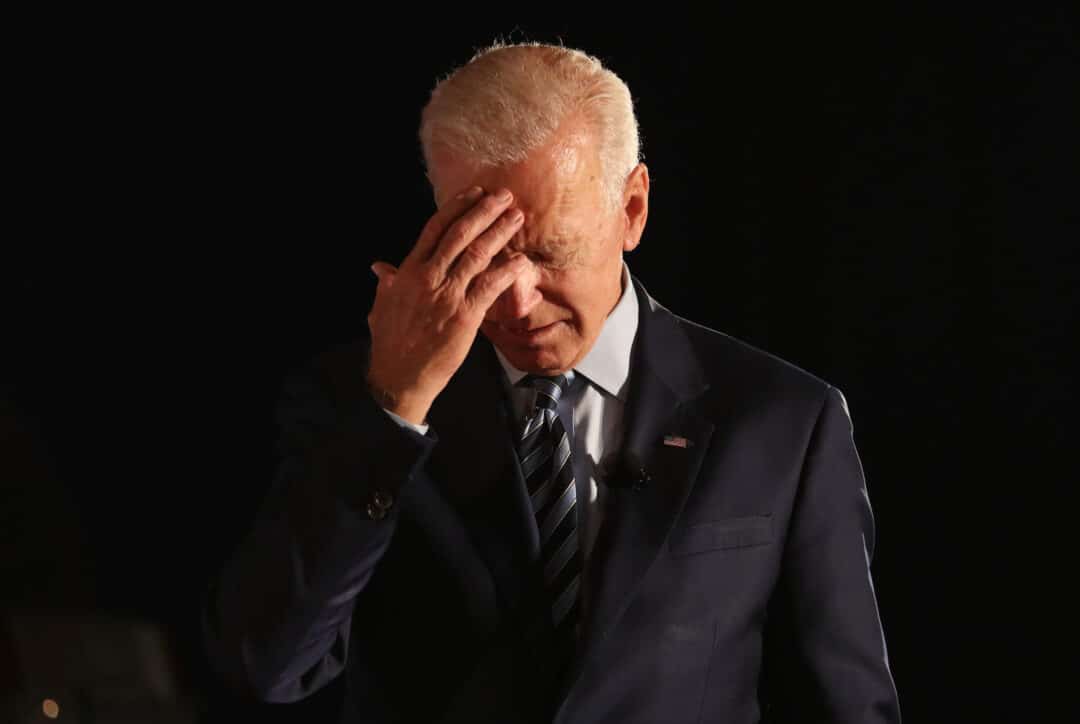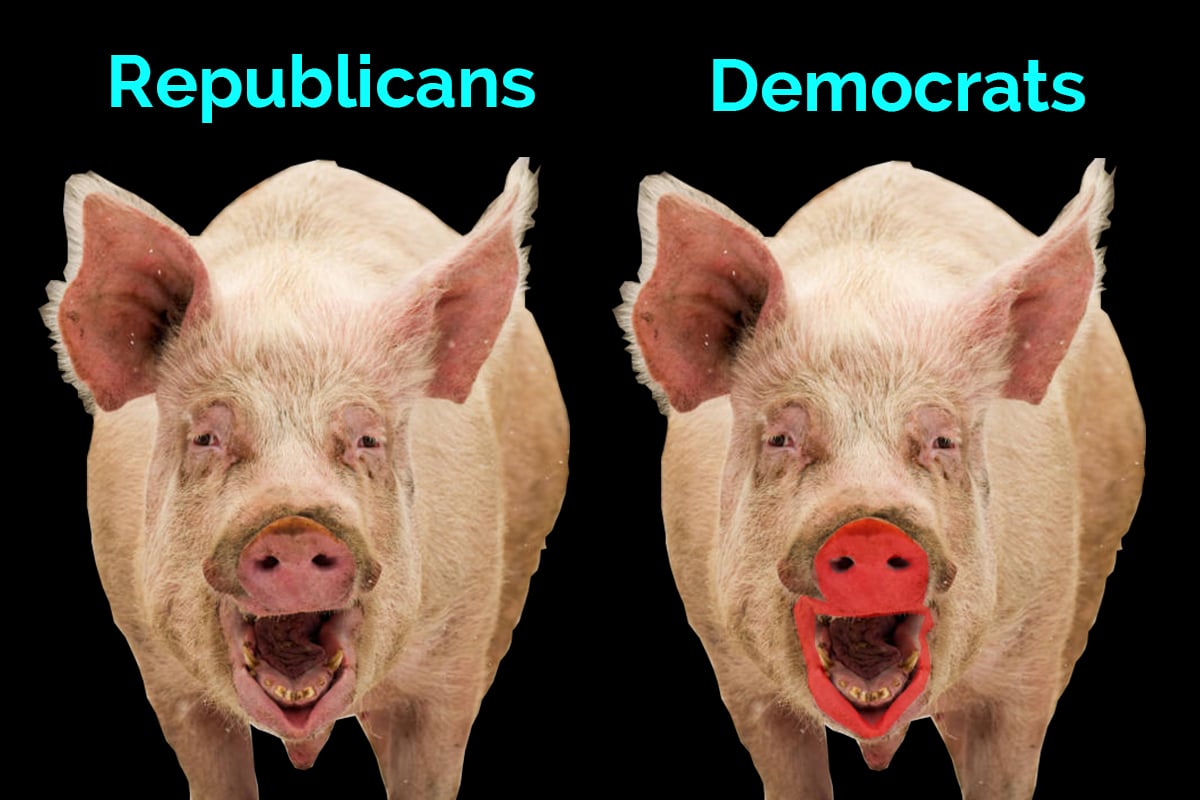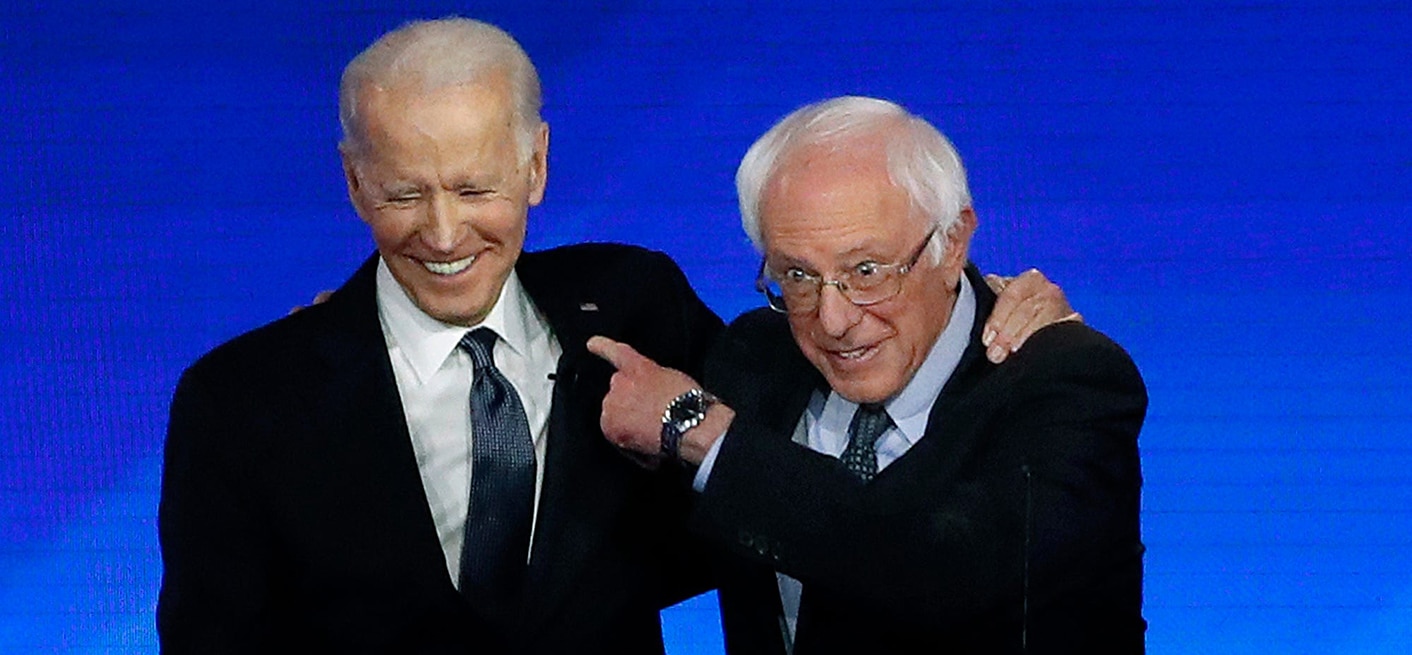

The Lies Continue, As a Matter of Principle
by Matt Taibbi | Jul 5, 2024
Vox ran a piece by, of all people, Brian Stelter. “Did the media botch the Biden age story?” read the headline, followed by a sub-head: Asleep at the wheel? Complicit in a cover-up? The real story is far more complicated — and more interesting:
It’s not complicated, and your “Did we really screw up?” think piece is by itself an insult. Audiences know the answer: Yes. You’ve been screwing up for five years. Also, it isn’t a “Biden age” story, but a “Biden dementia” story. There are octogenarians who are competent to be president. Biden isn’t one. Audiences have known this since 2019, and the only people you’re impressing by saying otherwise are other media nitwits.
A flood of these Stelter-style “Whither us?” features asking “if the press missed” the Biden-incapacity story has arrived, and I feel like screaming: YOU ARE ONLY TALKING TO EACH OTHER. Even as Biden on a minute-to-minute basis babbles about things like being the first black female president, officially reducing him to 1977-Elvis levels of incoherence, the excuses keep coming. They’re mind-blowing:
They begin with the idea that it “was a super hard story to report” (it was in front of your faces) because Biden “only” gave 164 interviews and the White House has been “gaslighting” with its “guardrails” and “lack of access.” In another reality they over-covered Biden’s “age” (again, not an “age” story), in part because of the lack of access. Peter Baker of the New York Times, which is still congratulating itself for its “Behind the Scenes, Biden Increasingly a Vegetable” story Tuesday, offered the most shameful line:
“They really hate us over these stories,” Baker said. The administration’s “pushback is pretty strong and their resentment of the coverage is pretty deep, to the point that they’ve complained to our editors.”
A beat writer who says “They complained to my editors!” on the record might as well be wearing a hat reading ASK ME ABOUT MY MISSING BALLS. The whole point of having personality like, say, Seymour Hersh’s is to make even the White House afraid of calling your editor. We should be those bright green flies you do not want on your shit. This iteration advertises its pushover status, with “several White House reporters” telling CNN they struggled with “the blowback… from the White House and Democrats.”

NOT OUR FAULT: Axios graphs the “evasions” of the Biden White House
This would be shameful, if it were believable. It isn’t. This corps didn’t just avoid telling the truth about Biden’s infirmity, it battered Wall Street Journal reporters for trying and screamed it was a goddamn lie. Joe Scarborough’s “I’ve known him for years” and “this Biden is the best Biden” and “far beyond cogent” and “eff you if you can’t handle the truth” was the party line:
That this same Joe Scarborough since turned his face all the way inside out (“Thank God it’s June, we have time to replace him”), only to turn it all the way back out today (“Let’s take a deep breath… it’s only July 5th, such a historic decision should not be made in haste”), should tell you all you need to know about the total indifference to public criticism in this bubble.
The supposedly legit excuses for tanking the story (aides lied to us, we did cover his “age,” etc.) eventually gave way in these retrospectives to the real reason, which Jonathan Turley alluded to yesterday but people like Stelter are too dense to conceal. From his Vox piece:
There’s no such thing as “the media” anymore. We live in a time of such complete and utter mass-media fragmentation that we each live in a media bubble of our own making. In mine, Biden might be a wise leader who is making America sane again after four years of Trump insanity; in yours, he might be a doddering old fool or a victim of “elder abuse,” as Fox hosts are now openly saying.
Stelter added that “right-wing commentators are imagining that news outlets covered up Biden’s frailty for years,” and included a quote from a reporter who claimed pro-Trump deepfakes made him shy: “I didn’t want to feed into a bad-faith caricature.” CNN likewise quoted an unnamed reporter:
“It makes sense to reflect on this now and ask whether we missed or, really, under-reported the story of Biden’s age and decline. But it’s complicated,” one of the reporters said. “The fact that the political alternative to Biden is an authoritarian who sparked an insurrection and is a convicted felon does not mean that the press is failing American democracy to focus on Biden’s obvious frailty.”
This is reporters saying outright they sat on the incapacity story because they were weighing its impact against the possibility of helping elect Donald Trump. That this has been the logic of coverage is no revelation. It’s been obvious to everyone with eyes. As Turley noted, the idea that media needs to “free itself from this notion of objectivity to develop a sense of social justice,” as Stanford journalism professor Ted Glasser put it, has become an open teaching point for young reporters. “All journalism is activism” is how Nikole Hannah-Jones put it.
I actually agree with Hannah-Jones. All journalism is activism, not because it should be necessarily, but because it has no choice. There’s an element of persuasion in even the smallest editorial choices and journalists do need to be conscious of this. But even if you embrace the activist model (my idea is a little different) it should be obvious you can’t persuade people toward “social justice” or anything else, if audiences think you’ll lie about the time of day.
Colleagues for years have embraced a narrowly moronic conception of “objectivity.” Kyle Pope of the Columbia Journalism Review defined it in a 2022 panel discussion as “both parties being treated equally.” We’re told “objectivity” is a construct in which reporters are somehow forced to take “both sides” at face value, which is silly among other things because most things in life have more than two “sides.” What is “objectivity” overseas? What is it if you cover baseball? Still, “moral clarity” reporters believe the framing, and mean to stop “both-sides-ism.” This exchange between former Washington Post writer Wesley Lowery and Rutgers J-school professor David Greenberg is typical of the kind of thing that passes for thought in our business:
LOWERY: If Republicans murder 100 people and Democrats murder zero people, then there would be 100 more stories in the NYT!
GREENBERG: So that’s not both-sides-ism, that’s objective reporting!
The chin-stroking discussion boiled down to, Should we call “Republicans are always wrong” advocacy journalism, or should we call it objective truth? That is how dumb things have gotten.
I was taught that any information that’s accurate is a good story and the “activist” role for reporters is satisfied by giving the public true information and trusting them to make good decisions. But when journalists complain now about the Biden story being “complicated” and a “difficult task” and “super hard,” what they mean is that it’s hard for them to gauge how much the public should be told about the infirmity of the president, in the context of an election against Donald Trump.
One would think even the Hannah-Joneses and Lowerys understand there’s no “impact” without audience, and the fastest way to lose audience is to lie to its face and make a show of not trusting it to make good decisions. They do not accept this, however. Turley pointed to a brouhaha a month ago when Washington Post publisher William Lewis told his newsroom “decisive, urgent” action was needed to address the paper’s readership hemorrhage:
We are losing large amounts of money. Your audience has halved in recent years. People are not reading your stuff… I can’t sugarcoat it anymore.
The Post newsroom, apparently grown allergic both to telling truth and hearing it, responded by leaking details for hit pieces about past scandals involving Lewis that have since been appearing everywhere (one was by Stelter). I don’t much care about the inner workings of the Washington Post, but this points to an impatience with the basic fact that a newspaper without readers is neither a business nor an activist’s bullhorn; it’s nothing at all.
This story wasn’t complicated. Biden in 2019 was already a mess, yelling at voters, challenging them to pushup contests, calling them “damn liars” or “full of shit” or worse (often when he himself was wrong), poking them, forgetting what state he was in, and worst of all, telling increasingly big whoppers about everything from his support for the Iraq War to episodes that didn’t happen. Those covering candidate Biden often waved off the latter problem by noting even young Biden had a tendency to “embellish,” but in 2019-2020 he clearly believed he was telling the truth. He was deteriorating by the month, and reporters took covering the fact up as a challenge.
Having been caught out in this, the business is still circling wagons. It won’t change, apparently even if it means losing the whole audience. That goes beyond partisanship to a new and mysterious place. Whether it’s turning biology upside down or ruling out the obvious suspect in the Nord Stream bombing or any of a dozen weird Covid myths, there’s been a conspicuous recent propaganda objective of trying to convince people of clearly false things. Often the issues are not even about party politics. Being wrong is a principle with these people. But what principle?






0 Comments